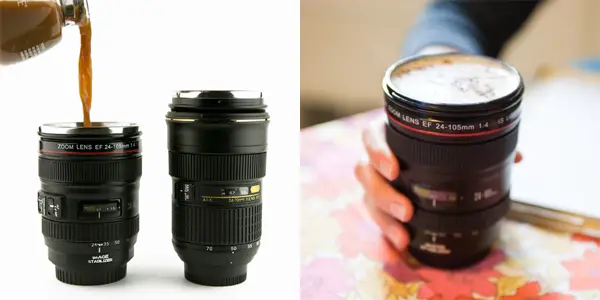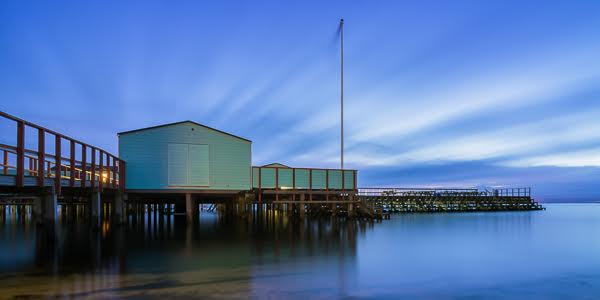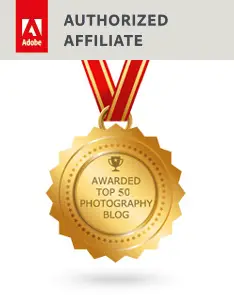For just about everything these days I shoot my Nikon at +0.7 exposure compensation, +1 tone, +1 saturation, +1 sharpening. I almost always use matrix metering (rather than spot or center-weighted) and dial in exposure compensation to adjust for different conditions. I change modes a lot but spend most of my time in aperture-priority, program, and manual. I shoot JPG almost exclusively except when I’m really paranoid about getting a shot.
Out of curiosity, how about you? What are your favorite “everyday” settings?









My favorite settings in Nikon D70s are:
Exposure Compensation: -0.7 or -0.3
Tone: 0
Saturation: +1
Sharpening: +1
White Balance: Clouds
Spot metering with manual weight assignment
Format: Always RAW
What I’m almost continually on for my Samsung GX-1S:
Mode: Aperture Priority
Exposure Compensation: +0.3
Saturation: +1
Sharpening +1
WB: Cloudy
Metering: Spot
Format: RAW (as of February)
For my D70s
Mode: 90% Aperture Priority, 10% Manual
Default Settings
Metering: Matrix
Format: RAW
I alter my auto focus settings depending on lens.
Center Focus and Continuous for my 70-300mm VR
Dynamic and Single for my 18-70mm and 50mm
My everyday settings for my Nikon D40 to get the quick shot.
Mode: Preprogrammed Auto
Exposure compensation: -7 (the d40 is known for over exposing)
WB: Auto
ISO: 200 with auto iso up to 1600
Saturation: + Enhanced
Metering: Matrix
Format: Large Fine JPEG until Adobe CS2 has better support for raw on the D40, nikon raw plugin is horrendous. There are hacks, but i would rather it not interrupt my workflow.
What I use on my 30D:
Picture style: Faithful
Contrast: -4 (for an illusion of greater dynamic range; this can be set between -4 and +4)
Saturation: +2 (between -4 and +4)
Sharpness: 3 (out of 7)
RAW, except for when I’m doing photo journalism which needs to be published quickly – then I’ll use JPEG.
Metering: Evaluative. However I’m thinking of moving over to center-weighted since I sometimes feel the camera is trying to out-smart me.
on my d70s:
+1 tone,
+1 saturation,
+1 sharpening
metering: spot
white bal: shade
Exposure Compensation: depends on image d.range
Format: RAW 80% JPEG 20%
That’s funny, John, that you’re using +0.7 on your D70. The D70’s highlight-preserving metering algorithms led to pictures that looked dull in the eyes of those users who didn’t process their pictures after shooting. Now that Nikon has switched (starting with the D50, D40 and D80) to recording brighter-looking pictures (and blowing out highlights quite routinely), a lot of users who *do* post-process and want to keep those highlights are turning the exposure settings down by 0.7 or more, depending on a scene’s contrast.
I shoot aperture priority, RAW, matrix metering. Compensation rarely more than -0.7 (high contrast scenes) and often use Auto ISO, which can be spectacularly useful. I shoot RAW these days – the extra stop or so that it gives you can save the day (or the sky – it’s usually the sky). Shooting JPEG, I have to be more careful with exposure compensation, though Nikon’s auto-contrast can help a lot with that if switched on.
That’s good to know, Bahi. I didn’t realize Nikon had made that change in their newer cams.
exposure compensation: 0 to -1, +1 tone 0 or +1 saturation and 0 sharpening (sharpening should be done after editing so not in cam), most of the time aperture priority. If camera supports it then always RAW, otherwise jpeg. ISO always as low as possible.
Nikon D80
Mode: 85% Aperture priority, 10% Manual, 5% others.
Optimization: Sharpening +1, Auto tone compensation, Colour mode sRGB IIIa, Saturation +1.
Exposure compensation: -0.7 to +0.3
ISO: Auto ISO – Max sensitivity 400, min shutter speed 1/40s
Format: RAW
WB: Auto or Flash
Metering: Matrix 90%, others 10%
Focus: Automatic with manual override, continuous or single depending on the shot.
Shooting mode: Continuous